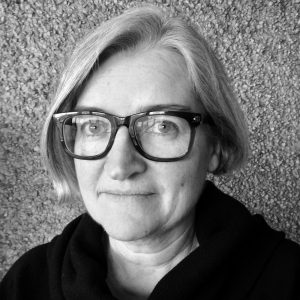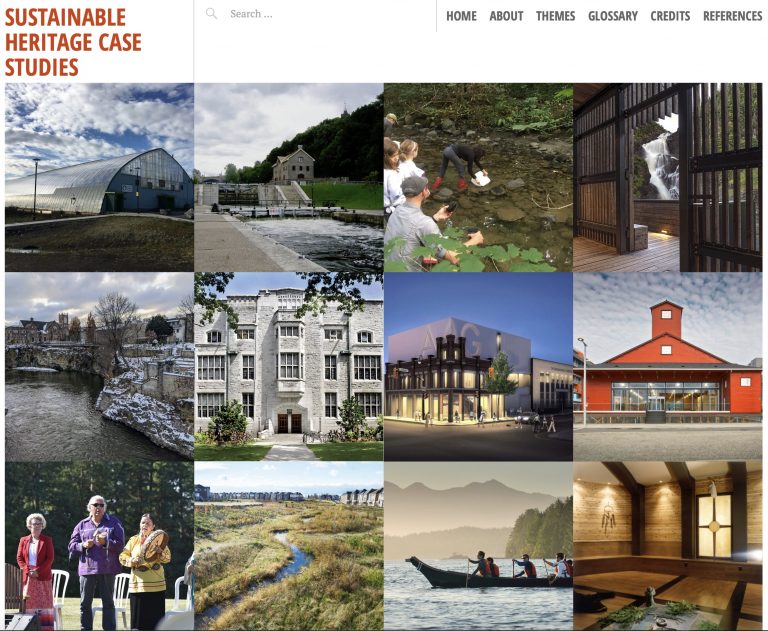Associate Professor Susan Ross accepts a higher level of cross-appointment with architecture
August 10, 2021

Associate Professor Susan Ross recently accepted a higher level of cross-appointment to the Azrieli School of Architecture & Urbanism, which means she will spend 25 percent of her time at the school.
The balance is with the School of Indigenous and Canadian Studies, one of the Azrieli School’s partners in delivering the Graduate Diploma in Architectural Conservation.
This adjustment recognizes Ross’s long-term commitment to undergraduate teaching in Conservation and Sustainability and thesis advising of Master of Architecture students. It also recognizes her co-applicant role in successful multi-year Heritage Engineering and New Paradigms New Tools research grants.
This greater involvement will allow Ross to further contribute to the school in shaping academic programs in conservation and beyond. “I am very pleased to contribute to greater collaboration between the two schools,” she says.
Ross is a graduate of McGill University’s School of Architecture and the Faculté d’Aménagement of Université de Montréal, and a licensed architect in Quebec. She has practiced in the private sector in Montreal and Berlin, including on the rehabilitation of industrial sites, hospitals, and museums. She also worked with not-for-profit heritage and urban environmental organizations before moving to Ottawa to work as a senior conservation architect in the federal government.

Ross’s research ranges from the environmental histories of urban infrastructure landscapes to the sustainable conservation of modern materials and industrial heritage. For example, in her recent article for the Policy Options series on reshaping Canada’s cities after the pandemic, Ross discussed why the retrofit of existing buildings should be a central policy to addressing climate change while also avoiding the consumption or waste of materials.
Concerned about how heritage conservation could address material impacts and social injustices of extraction, development, demolition, and disaster, her research increasingly considers issues of waste and loss. Recent conference papers on “Waste and heritage values,” “Urban salvage yards as hubs for emerging repair and reuse communities,” and “Cultivating paradoxical views of landscapes of loss” explored how alternate material trajectories can expand and transform the concept of heritage value.
Ross blogs at Waste Heritage Research.
Her course CDNS 4403/5403 Heritage Conservation and Sustainability is being offered for the fourth time this September and can be taken in the fourth year or at the master’s level. Past examples of student work appear at Sustainable Heritage Case Studies.